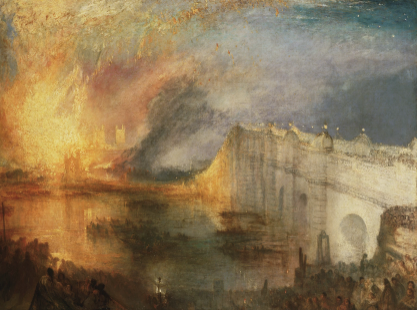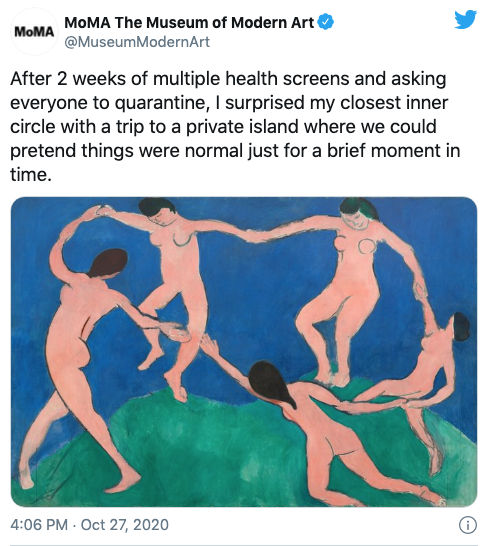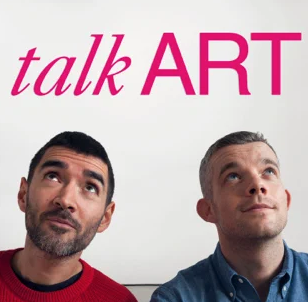I am publishing this post as I return home from a complete day of rest, leisure, and time away from my work, teaching, and research. I rode my beloved motorcycle James up the sea-to-sky highway to Whistler for a lunch date with my husband, listening to my favourite playlist the whole way (1970’s deep funk has been on heavy rotation lately), and reveling in what will likely be the last sunny day warm enough to make this kind of journey. Yes, this a full day off—one where I prioritize myself, my mental health, and uphold the boundary to keep Sundays sacred and off limits to email, grading, work, or any other distraction from pure me-time. Does this sound selfish or impossible? Perhaps to many of you it does, and the reality is it doesn’t matter much to me anymore. I used to care, and care far too much about what others thought of me and my decisions, but these days I am entirely unapologetic about the way I carefully carve out space and time to make these kinds of days, and my own way of prioritizing all facets of my life, possible.
Part of the reason for this share, and at this specific time, is because four years ago this week I finally had to face my own out of control workaholism and tendency to prioritize other people’s (students, colleagues, friends, family, you name it….) emergencies, demands, last minute requests, and other stress-inducing tasks. I got to the point where I simply couldn’t take any more, and I got sick, really sick, and had to suffer for six weeks with a horrible, painful case of the shingles, and right at a time I was trying to finish up an especially challenging semester and publishing deadline (and strangely, just after Trump was elected… but I digress). My doctor looked at me and said, “something has to change for you, or else you will be faced with this again in some other form.” This landed… hard, and I was forced to rest, and forced to take a long hard look at everything. In the years that came after that episode, I started making A LOT of changes—changes in how I organize my time, changes in how I relate to others and accept being treated, and yes, changes in my health—physical, mental, and even spiritual. Long story short, it was a complete overhaul of how I prioritize what is important to me.
So, on this the fourth anniversary of my health emergency wake-up call, I want anyone reading this to know that it is ok, and sometimes even life-saving, to carefully carve out and guard your precious time. It is also ok to say no to workaholism and the need to constantly be doing, performing, striving, and living up to others’ expectations. Listen to your gut, and trust your inner voice to know what really needs your attention. What lies on the other side of upholding your boundaries and championing your health? Happiness, contentment, peace, and the kind of joy that I can only describe as transcendent as you weave along a sun-drenched highway on a motorcycle, up to the mountains for the day, playing Marvin Gaye’s “Got to Give It Up” on full blast.
A FEW MORE THINGS BEFORE THE ROUND UP
Two books arrived in my mailbox this week that I trust will be helpful as I continue to navigate the online learning environment. I will report back once I get through them, but they may prove useful for other colleagues, grad students who are TAing, and other educators with a stake in this new normal. The first is James Lang’s Distracted: Why Students Can’t Focus and What You Can Do About It, and the second one is Small Teaching Online: Applying Learning Science in Online Classes.
I was reminded when catching up on my art history periodicals from earlier this fall that comedian Hannah Gadsby, a comedian who manages to work art history and her routines, dropped another Netflix schedule sometime during the haze of the early phases of the pandemic. It is called Douglas, and you can read Ben Luke’s take on her subversive uses of art history here.










MoMA’s Cheeky Riff on Misguided Kim Kardashian Post Is Going Viral
The Gray Market: Why Scarily Low Museum Attendance This Fall Points to an Old Problem
Dirty pretty things: air pollution in art from JMW Turner to today
Where Does Protest Art Fit in the “Canon” of Contemporary Art?
Ed Ruscha and Jimmy Iovine on How Art Can Help End the Trump Era (PODCAST)
About Time: Fashion and Duration with Andrew Bolton | Met Fashion (VIDEO)

